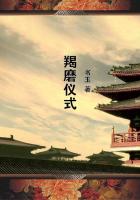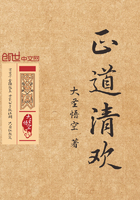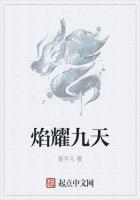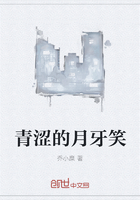It must be remembered that to work steadily every day and in the same place is not an innate circumstance of man's life. For the untold centuries before he developed into an agriculturist and a handicraftsman, he sought his food and his protection in the ******st way and with little steady labor. Whether as hunter or fisher or nomad herdsman, he lived in the open air, slept in caves or in rudely constructed shelters and knew nothing of those purposes that keep men working from morning till night. It's a long way from primitive man and his occupations, with their variety and their relaxations, to the factory hand, shut up in a shop all day and doing just one thing year in and year out, to the housewife with her multitudinous, never-ending tasks within four walls, to the merchant engrossed with profit and loss, weighing, measuring, buying, selling and worrying without cessation. The burden of steadiness in labor is new to the race, and it is only habit, necessity and social valuation that keeps most men to their wheel.
We would, I think, be oversentimental in our treatment of this subject if we omitted two hugely important factors in work character. Two powerful motives operate,--the necessity of working and work as an escape from ourselves.
Not much need be said of the pressure of necessity. "To eat one must work." This sentence condenses the threat behind most of the workers of the world. They cannot stop if they would--for few are those, even in prosperous communities, who have three months of idleness in their savings. The feeling of insecurity this fact brings makes a nightmare out of the lives of the many, for to the poor worker the charity organization is part of the penalty to be paid for sickness or unemployment. To my mind there are few things more pathetic than a good man out of a job, and few things for which our present society can be so heartily damned. Few even of the middle class can rest; their way of living leaves them little reserve, and so they plug along, with necessity as the spur to their industry.
To escape ourselves! Put any person of ***** age, or younger, in a room with nothing to do but think, and you reduce him to abject misery and restlessness. Most of our reading, entertainment, has this object, and if necessity did not spur men on to work steadily, the tedium of their own thoughts would. To reflect is pleasant only to a few, and the need of a task is the need of the average human being. Perhaps once upon a time in some idyllic age, some fabled age of innocence, time passed pleasantly without work. To-day, work is the prime way of killing time, adding therefore to its functions of organizing activity, achievement and social value of recreation.
Yet contradictory as it seems, though many of us love work for its own sake, most of us do not love our own work. That is because few of us choose our work; it is thrust upon us. Happy is he who has chosen and chosen wisely!
Industry, energy, steadiness are parts of the work-equipment; enthusiasm, eagerness, the love of work, in short, is another part. Love of work is not a unitary character; it is a resultant of many forces and motives. Springing from the love of activity, it receives its direction from ambition and is reinforced by success and achievement. Few can continue to love a work at which they fail, for self-love is injured and that paralyzes the activity. Here and there is some one who can love his work, even though he is half-starved as a result,--a poet, a novelist, an inventor, a scientist, but these dream and hope for better things. But the bulk of the half-starved labor of the world, half-starved literally as well as symbolically, has no light of hope ahead of it and cannot love the work that does not offer a reward. It is easy for those who reap pleasure and reward from their labors to sing of the joy of work; business man, professional man, artist, handicraftsman, farmer,--these may find in the thing they do the satisfaction of the creative desires and the reward of seeing their product; but the factory is a Frankenstein delivering huge masses of products but eating up the producers. The more specialized it becomes the less each man creates of the unit, machine or ornament; the less he feels of achievement. Go into a cotton mill and watch the machines and their less than human attendants at their over-specialized tasks.
Then ask how such workers can take any joy in work? Let us say they are paid barely enough to live upon. What food does the desire for achievement receive? What feeds the love of the concrete finished product of which a man can proudly say, "I did it!" The restlessness of this thwarted desire is back of much of that social restlessness that puzzles, annoys and angers the better-to-do of the world. As the factory system develops, as "efficiency" removes more and more of the interest in the task, social unrest will correspondingly increase. One of the great problems of society is this:
How are we to maintain or increase production and still maintain the love of work? To solve this problem will take more than the efficiency expert who works in the interest of production alone; it will take the type of expert who seeks to increase human happiness.
Native industry, the love of work are variables of importance. No matter what social condition we evolve, there will be some who will be "slackers," who will regard work as secondary to pleasure, who will take no joy or pride in the finished product, who will feel no loyalty to their organization; and vice versa, there will be those working under the most adverse conditions who will identify themselves, their wishes and purposes with "the job" and the product. Nowhere are the qualities of persistent effort and interest of such importance as in industry, and nowhere so well rewarded.
In the habits of efficiency we have a group of mechanically performed actions and stereotyped reactions essential for work.















